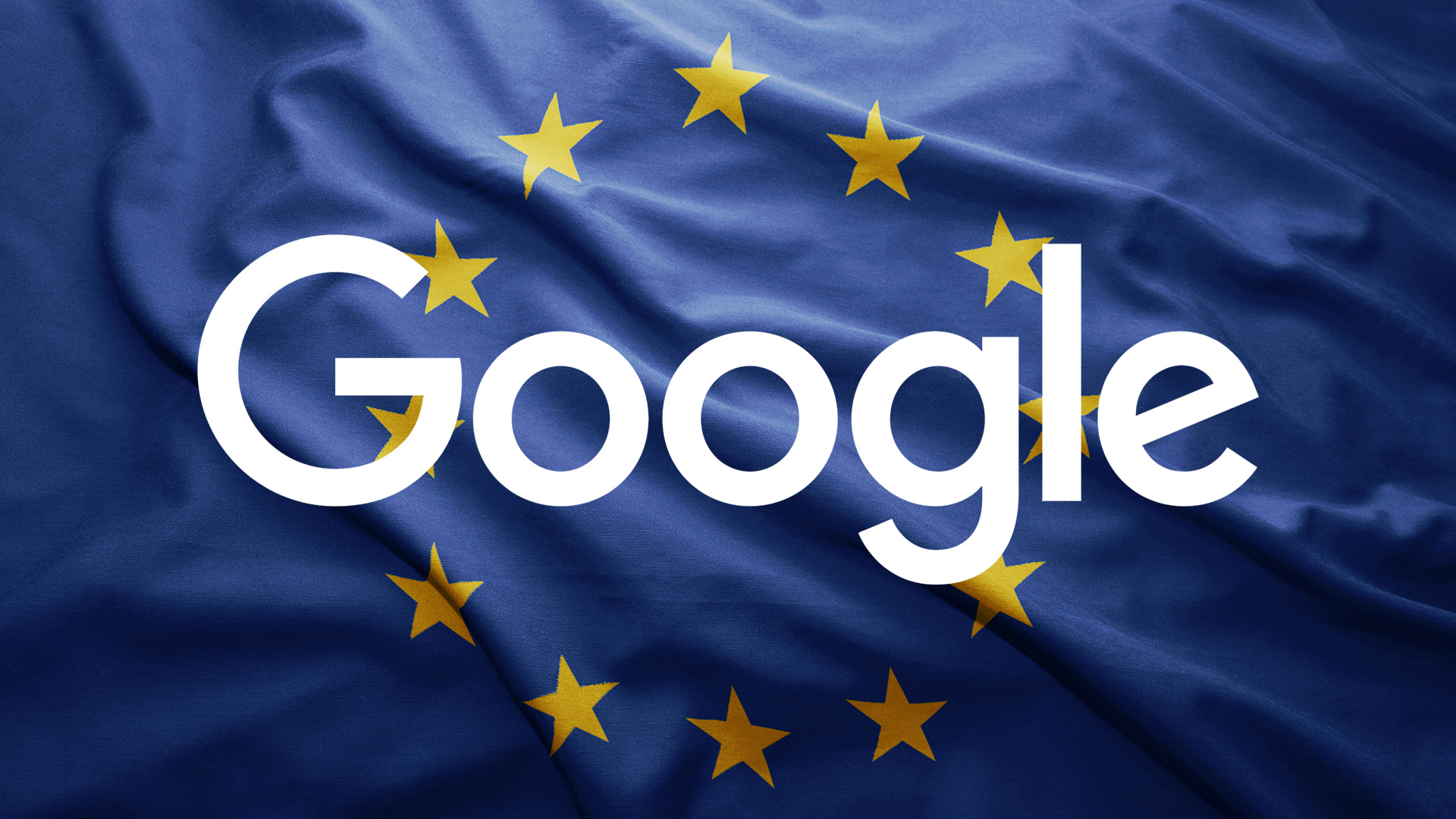Oracle complains to EU that Google now has unfair ad-targeting advantage
The company argues that Google's ability to combine datasets exceeds that of rivals.

New complaints about Google’s ad-targeting capabilities may compound the company’s existing legal challenges in Europe. According to an article in The Wall Street Journal, Oracle is lobbying EU regulators to add more fuel to the existing antitrust fires Google is trying to extinguish.
According to the report:
A Google rival has laid out concerns to European regulators over a change the tech company made to its privacy policy last June that enables the search giant to build more robust profiles of its users. Privacy advocates have also complained to US regulators.
Software giant Oracle Corp. said it briefed European antitrust regulators late last year on the change, arguing it will make it harder for other companies to compete by enabling Google to even more accurately target ads to users.
Oracle is also involved in an ongoing US lawsuit against Google. The company claims a copyright on Java APIs that Google has used in Android. The case has gone up and down on appeal, with Google winning the most recent round on “fair use” grounds and Oracle promising to appeal again.
The issue behind Oracle’s complaint in the EU stems from Google’s ability to combine user data across its various properties on the deskop and mobile. In a related move, late last week, Google announced that Google account data would now be available for ad targeting on YouTube.
Last June, Google introduced “My Activity” and “Ads Personalization.” My Activity gives users a holistic view of their search and browsing histories. Ads Personalization is opt-in and promises more relevant ads. Users are prompted to opt in; the functionality is turned off by default.
Some of the critics quoted in the Journal article argue not that Google is violating EU privacy rules — that’s a separate discussion — but that its data-combining capabilities give the company an unfair competitive advantage. Oracle itself has formidable data assets and ad-targeting capabilities.
In the US, Google faces an FTC complaint (PDF) on similar grounds. Filed in December, the complaint was generated by Consumer Watchdog and the Privacy Rights Clearing House over Google’s data-combining and privacy practices:
When Google acquired DoubleClick in 2007, it overcame significant privacy concerns by pledging to Congress, the Federal Trade Commission (FTC), and the public at large not to combine its users’ personally-identifiable information with DoubleClick’s vast browsing data. These assurances paved the way for the FTC approval of the acquisition. Nearly a decade later, on June 28, 2016, Google quietly changed its privacy policy to permit the combination of this data, and forced the change on users in a highly deceptive manner, without meaningful notice and consent. The change marked the culmination of a nearly decade-long deception that Google has perpetrated against its users, the FTC, and the public at large. The change also violated legally binding commitments that Google made to the FTC.
Google’s efforts to combine data sets for better targeting is partly a response to the competitive challenge of Facebook and its audience-targeting capabilities.
Contributing authors are invited to create content for MarTech and are chosen for their expertise and contribution to the search community. Our contributors work under the oversight of the editorial staff and contributions are checked for quality and relevance to our readers. MarTech is owned by Semrush. Contributor was not asked to make any direct or indirect mentions of Semrush. The opinions they express are their own.
Related stories